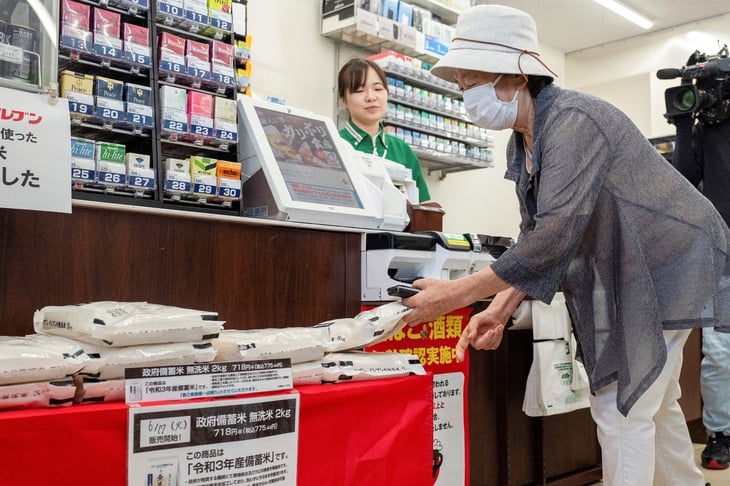
Customers buy rice reserves from the Japanese Government at a discount at a Seven-Eleven Japan convenience store chain in Tokyo on June 17 - Photo: AFP
Rice prices in Japan have doubled in 12 months through May 2025, according to data released on June 20, while accelerating inflation puts more pressure on Prime Minister Shigeru Ishiba ahead of a crucial election next month.
Rice prices keep increasing
Public support for Mr. Ishiba's government has fallen to its lowest level since he took office in October 2024, partly because Japanese people are frustrated by rising living costs, AFP news agency said.
Rising costs include food prices. Food prices in Japan have been rising for several months for a variety of reasons, including supply chain problems.
Accordingly, newly released data recorded that rice prices in Japan in May 2025 doubled, reaching 101% compared to the same period last year. The increase in rice prices in Japan remained unchanged after reaching the milestones of 98.4% in April and more than 92.5% in March.
This helped push core inflation in Japan to a better-than-expected 3.7%, the highest since January 2023, and from 3.5% in April.
The rice price crisis prompted the Japanese government to make a rare move in February to release emergency reserves, something only done in times of disaster.
However, rice prices are not the only cause of Japan's high inflation, as electricity bills increased 11.3% in May, and gas costs also increased 5.4%.
Excluding energy and fresh food, consumer prices rose 3.3%, compared with 3% in April.
Vietnam and Thailand seize the opportunity
According to Japan News , Vietnam and Thailand are expecting to increase rice exports to Japan, in the context of rice prices in Japan doubling within 1 year.
Production of japonica rice, a short-grain variety similar to that produced in Japan, has increased in both of the world's top rice exporting countries, Japan News noted.
In a Bangkok supermarket owned by the Tops Group, a major retail chain in Thailand, 5kg bags of japonica rice produced in Thailand are sold for 275 baht (about $8.37), much lower than the price in Japan.
In Vietnam, in early June, the first 500 tons of rice labeled "Low-emission Vietnamese Green Rice" were exported to Japan, opening up new prospects for the Vietnamese rice industry.
Rice imported into Japan that exceeds the duty-free quota will be taxed at 341 yen per kilogram (about $2.35). However, many Japanese companies are reported to be increasing their rice imports because, despite the tax, the price of imported rice is still lower than that of domestically produced rice.
Source: https://tuoitre.vn/gia-gao-nhat-ban-12-thang-tang-101-viet-nam-va-thai-lan-chop-co-hoi-20250620134059579.htm


![[Photo] Prime Minister Pham Minh Chinh attends the Patriotic Emulation Congress of the Ministry of Foreign Affairs for the 2025-2030 period](https://vphoto.vietnam.vn/thumb/1200x675/vietnam/resource/IMAGE/2025/11/10/1762762603245_dsc-1428-jpg.webp)



![[Photo] Prime Minister Pham Minh Chinh attends the annual Vietnam Business Forum](https://vphoto.vietnam.vn/thumb/1200x675/vietnam/resource/IMAGE/2025/11/10/1762780307172_dsc-1710-jpg.webp)

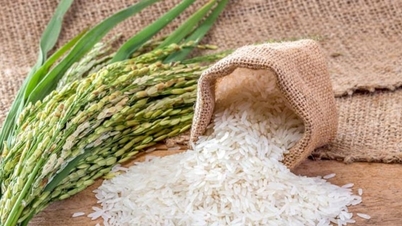

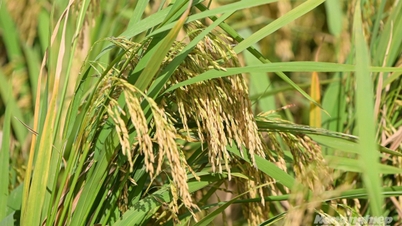

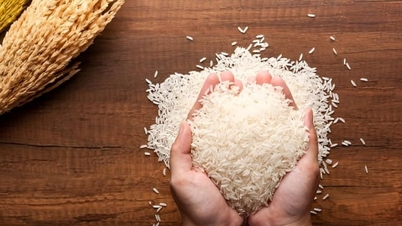
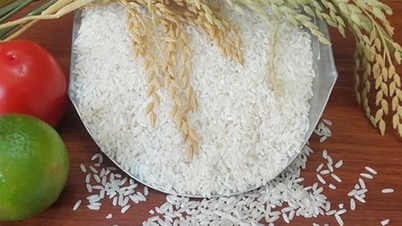
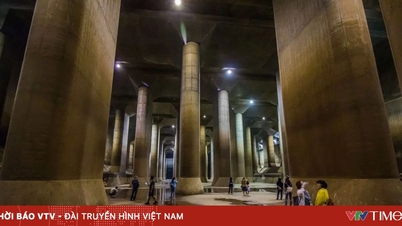

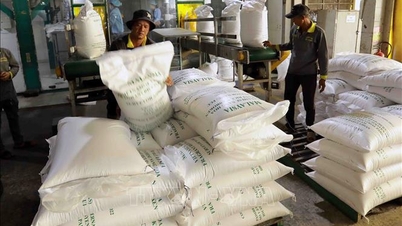






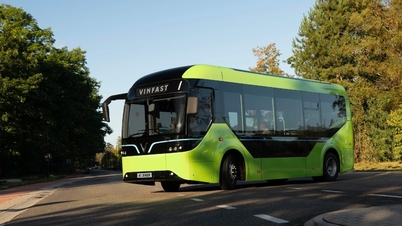





















































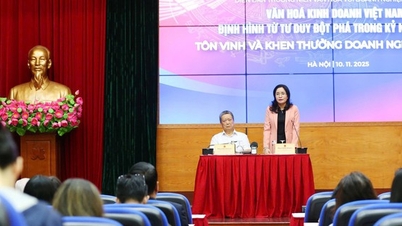
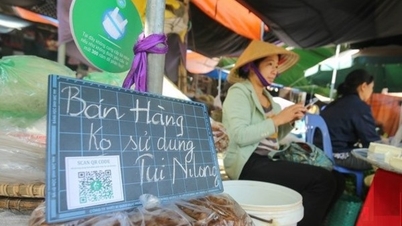

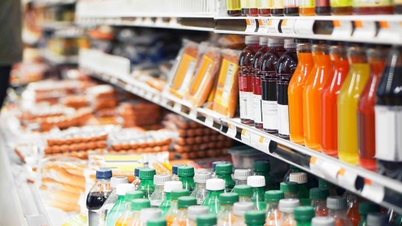


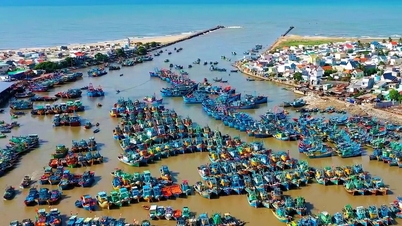
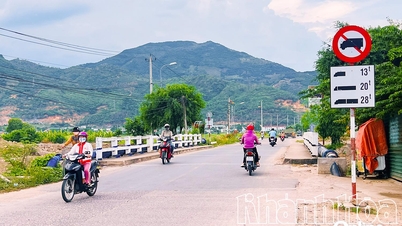








![Dong Nai OCOP transition: [Article 3] Linking tourism with OCOP product consumption](https://vphoto.vietnam.vn/thumb/402x226/vietnam/resource/IMAGE/2025/11/10/1762739199309_1324-2740-7_n-162543_981.jpeg)











Comment (0)